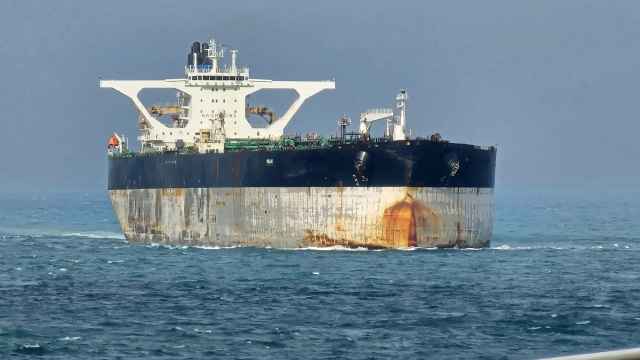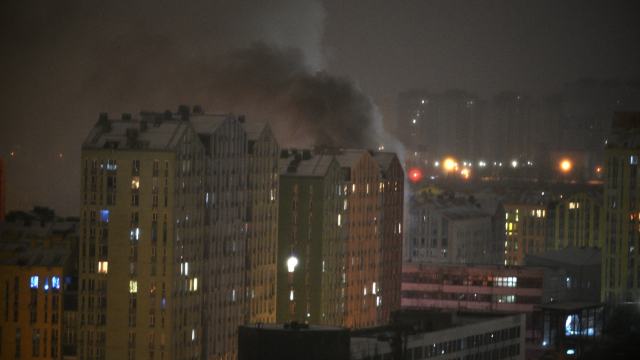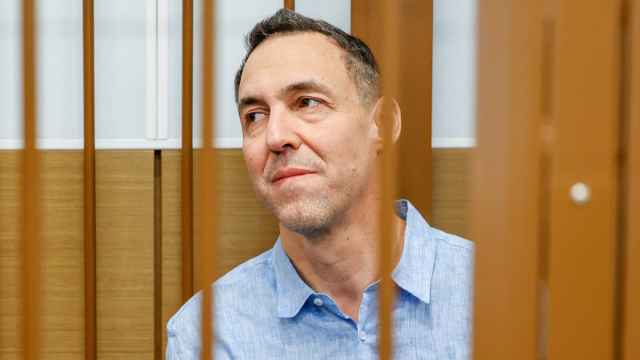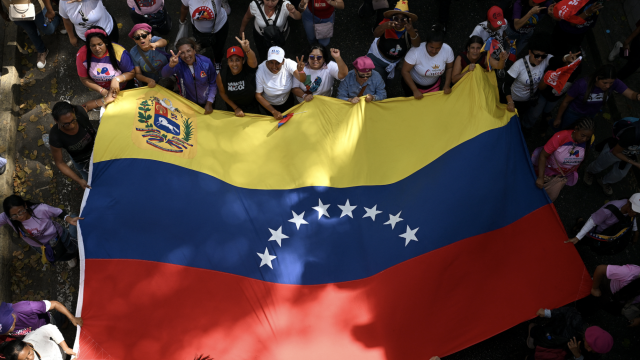Europe is partly to blame for the crisis in Ukraine although this is no excuse for Russian behavior towards the former Soviet republic, German Chancellor Angela Merkel's deputy said on Wednesday.
The tone struck by Vice Chancellor Sigmar Gabriel, head of the Social Democrats, or SPD, contrasts with that of conservative Merkel who has pinned responsibility on Russia for exacerbating the crisis, which has soured ties between Moscow and the West.
"Certainly, the European Union has also made mistakes, although this does not justify Russia's behavior," Gabriel told the German daily Rheinische Post.
"It was certainly not smart to create the impression in Ukraine that it had to decide between Russia and the EU," the economy minister added. "But again: That was not and is not a justification to plunge a country into chaos."
Merkel's spokeswoman said Gabriel's remarks stood for themselves and she declined further comment. Germany had a "very unified position" on the Ukraine crisis, she added, namely to ease tensions by creating conditions for a national dialogue.
Last year then-Ukrainian President Viktor Yanukovych turned his back on a trade and association agreement with the EU to seek closer economic ties with Russia. His decision triggered mass protests that toppled him in February.
Russia then seized and annexed Ukraine's Russian-majority Crimea region, citing threats from what it called far-right radicals in the new Kiev government.
On Monday, Merkel rejected criticism from her SPD predecessor Gerhard SchrЪder, a personal friend of President Vladimir Putin. SchrЪder had said Europe's approach towards Ukraine and Russia was one reason for the crisis.
Gabriel also said an armed conflict must be avoided under any circumstances. "People are afraid of being dragged into a military confrontation," he told the Rheinische Post.
Germany has supported sanctions imposed on Russia over the Ukraine crisis but both Merkel and her SPD partners have stressed the importance of pursuing diplomacy at the same time.
Foreign Minister Frank-Walter Steinmeier, also a Social Democrat, visited Kiev on Tuesday and has played a part in establishing talks between politicians and civil groups in Ukraine due to start on Wednesday.
"It is about creating conditions in Ukraine under which the country can decide freely and independently on its future," Gabriel said.
A Message from The Moscow Times:
Dear readers,
We are facing unprecedented challenges. Russia's Prosecutor General's Office has designated The Moscow Times as an "undesirable" organization, criminalizing our work and putting our staff at risk of prosecution. This follows our earlier unjust labeling as a "foreign agent."
These actions are direct attempts to silence independent journalism in Russia. The authorities claim our work "discredits the decisions of the Russian leadership." We see things differently: we strive to provide accurate, unbiased reporting on Russia.
We, the journalists of The Moscow Times, refuse to be silenced. But to continue our work, we need your help.
Your support, no matter how small, makes a world of difference. If you can, please support us monthly starting from just $2. It's quick to set up, and every contribution makes a significant impact.
By supporting The Moscow Times, you're defending open, independent journalism in the face of repression. Thank you for standing with us.
Remind me later.





